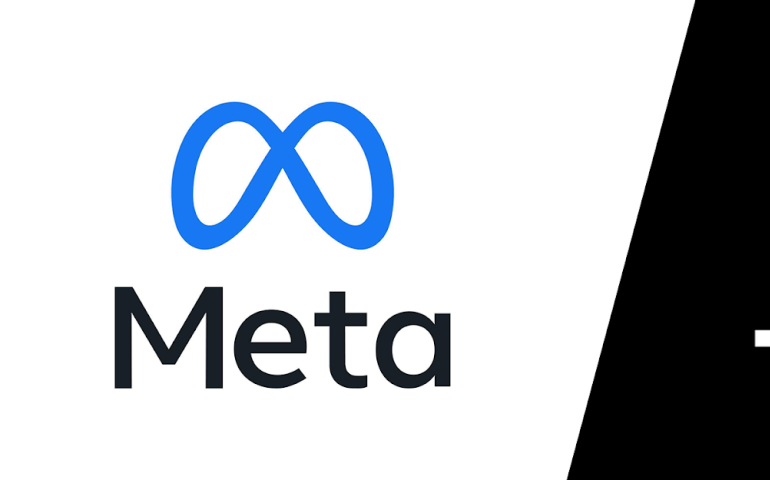
In the run-up to the 2024 elections, WhatsApp, owned by Meta Platforms, Inc., took several measures to safeguard the integrity of electoral processes worldwide. These actions included tightening restrictions on message forwarding and collaborating with fact-checkers to curb the spread of misinformation. As one of the most popular messaging platforms globally, with a particularly strong presence in countries like India, Brazil, and Nigeria, WhatsApp's steps were significant in shaping online discourse during elections.
Meanwhile, Africa, a continent with a rapidly growing digital landscape, also found itself entangled in this web of global digital influence. African countries, like many others worldwide, face the challenges of misinformation, hate speech, and political disinformation during elections. However, the influence African governments and organizations have over U.S.-based tech giants like WhatsApp remains limited, despite the profound impact these platforms have on their political environments.
The Global Power Dynamics
The story begins with Mozilla's petition to WhatsApp, signed by tens of thousands of supporters, demanding that the platform do more to combat misinformation during elections. Mozilla's call to action highlighted the need for more stringent controls over the spread of false information, particularly during election periods when such content can have dire consequences. WhatsApp responded by detailing several measures it had already taken, including limiting message forwarding and partnering with fact-checkers in nearly 50 countries.
While WhatsApp's measures might seem effective from a global perspective, the story is different for many African countries. WhatsApp has become an integral part of communication in Africa, with millions relying on it for daily conversations, news, and political discussions. The platform's widespread use makes it a powerful tool for both positive engagement and harmful disinformation.
Yet, despite this centrality, African countries struggle to exert meaningful influence over the policies of U.S.-based tech companies like WhatsApp. The response to Mozilla's questions underscores this disparity. WhatsApp's strategy is designed with a global audience in mind, making it challenging to tailor approaches specifically to the unique socio-political landscapes of African nations.
WhatsApp's Global Response and Local Realities
WhatsApp's response to Mozilla's questions highlights its stance on not introducing additional friction to message forwarding during elections, citing the technical and policy challenges of applying these limits on a country-by-country basis. This argument, while seemingly practical, does not consider the unique needs and vulnerabilities of different regions, particularly in Africa.
For instance, in countries like Nigeria and Kenya, where misinformation can escalate tensions in already fragile political climates, local stakeholders have called for more robust action from platforms like WhatsApp. They argue that tailored solutions could significantly reduce the spread of harmful content during sensitive periods, such as elections. However, WhatsApp's global approach means that these localized requests often go unheard, or at best, are met with a one-size-fits-all solution that may not adequately address the unique challenges faced by these countries.
The Struggle for Influence
The limited ability of African countries to influence the policies of U.S.-based tech companies during election periods points to a broader issue of digital sovereignty. While African governments and civil society organizations can push for changes, their influence is often dwarfed by the interests and policies set by tech giants in Silicon Valley.
African countries, individually or collectively, lack the leverage to force companies like WhatsApp to adopt more stringent measures that could help mitigate the specific risks of political disinformation and election manipulation in their regions. While WhatsApp engages with political entities ahead of elections, this engagement is often shaped by the company's global policies rather than the nuanced needs of individual countries.
Moving Forward
As digital platforms continue to play a crucial role in shaping political discourse worldwide, the gap between global tech policies and local realities remains a challenge. African countries must navigate this complex landscape where they have little direct influence over the platforms that significantly affect their elections.
One potential path forward could involve more significant regional collaboration among African nations to push for a collective voice in negotiating with tech giants. Such a coalition could advocate for more transparent policies, localized approaches to misinformation, and better protection of democratic processes.
In a digital world where the rules are often set far from African shores, the challenge remains: how can African countries assert more influence over the global platforms that play such a critical role in their democratic processes? Until there is a more balanced distribution of power and influence, the story of African elections and U.S. tech giants will continue to be one of imbalance and missed opportunities for meaningful engagement.





